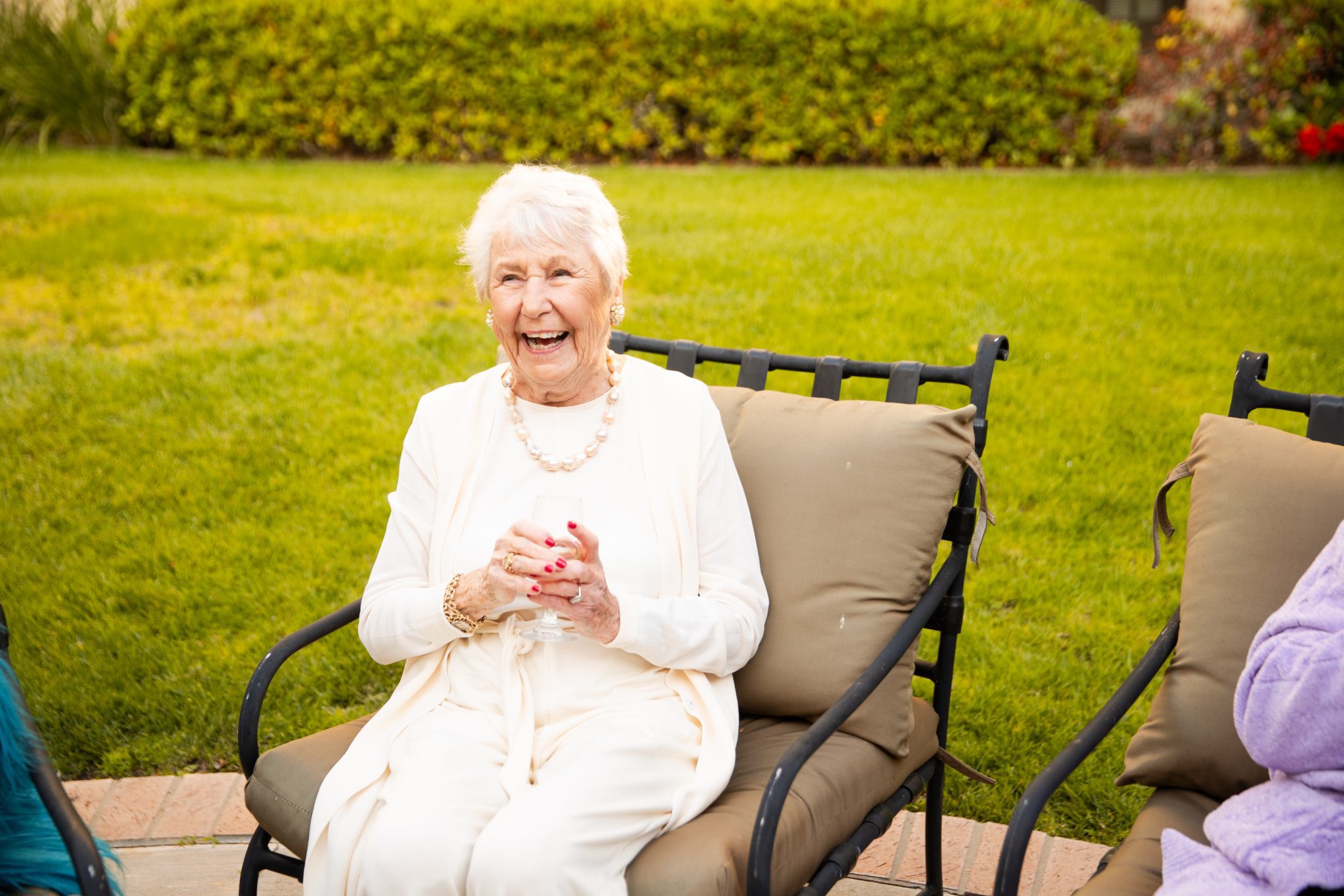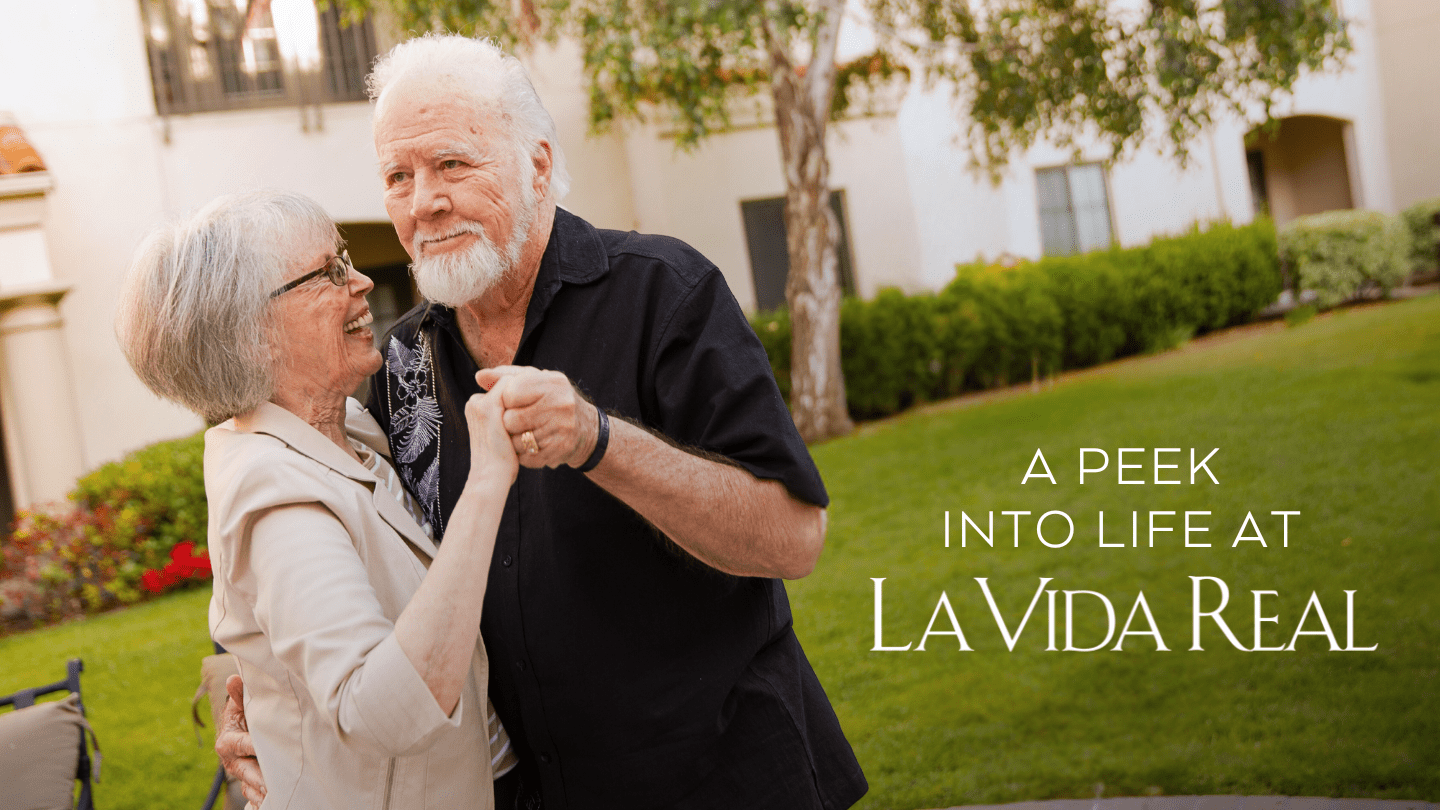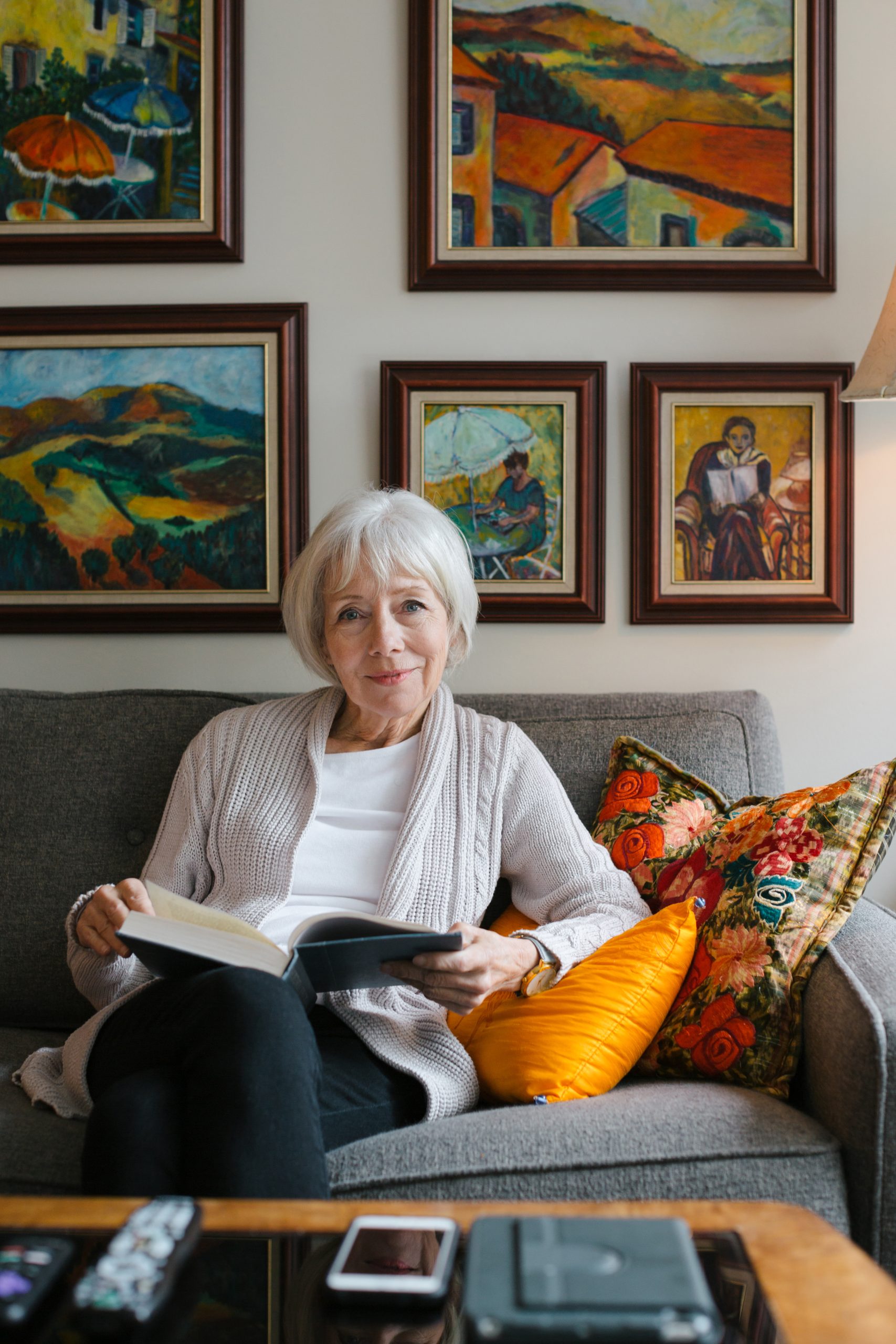Supporting Family Caregivers

Today’s demand for family caregivers is huge as life expectancies increase and people live longer than generations before. According to estimates, 1 in 5 Americans act as family caregivers in some way.
Family caregivers may spend so much of their time taking care of others that they sometimes forget to prioritize their own needs. If you know a family caregiver, there are several ways you can reach out to help. If you yourself are one, here are resources and self-care tips to help you navigate this challenging role.
What is a Family Caregiver?
A family caregiver is a relative or family friend who cares for an older family member or people with chronic health conditions or disabilities. The caregiver may have a close relationship with the person they care for, and most family caregivers are unpaid for the work they do.
A caregiver could be a child, spouse, sibling, or other relative who wants to take part in caring for their loved one. Statistics show that most family caregivers are women. They aren’t formally or medically trained for their role but learn much of what they need to do as they go.
Family caregivers help with everyday tasks like grooming, doing housework, managing finances, and running errands. More importantly, family caregivers provide companionship, love, and emotional support. These caregivers may live with their relatives, or they may pay a visit as needed to lend a hand with tasks. Many older adults wish to age in place in a comfortable environment, and the help of family caregivers makes it possible to do so.
Understanding the Duties of a Family Caregiver
A family caregiver may take on a wide range of duties. The first thing that they do is oversee the individual’s health and care plan. The caregiver may coordinate with the doctor and the person who receives the care to create a health plan.
The care plan typically outlines the individual’s needs and how to best maintain their health. It may also include a weekly schedule that the caregiver can use as a guide to determine how much time they will need to spend that week helping out.
A caregiver can also help with:
- Scheduling and taking the individual to medical appointments
- Monitoring medications and picking up prescriptions
- Bathing, dressing, grooming, and other personal care tasks
- Shopping and preparing meals
- Housekeeping
- Helping with mobility
- Managing finances
- Monitoring health and discussing any changes with the doctor
- Providing companionship
Many family caregivers perform tasks they have never done before, so it can be a learning experience for everyone involved. Caregivers shouldn’t be afraid to ask a doctor or other professional for help if they don’t know how to perform specific health-related tasks.
How to Care for Caregivers
Family caregiving is an act of love that can be rewarding and enriching in many ways. However, many caregivers experience different kinds of stress. Stress can be physical, emotional, financial, or even psychological. About 1 in 5 caregivers report being in poor health because they often don’t have the time to take care of their own needs. Some experience depression or anxiety because of their caregiving situation.
Care for caregivers is essential for the caregiver’s well-being. If you know a family caregiver, there are several things you can do to support them. Set aside time to check in on them in person or over the phone. Emotional and social support, such as offering companionship and a listening ear, is a huge help. You can also offer to lend a hand in light tasks like running errands and doing household chores. This helps free up some of the caregiver’s time during the day while ensuring everything goes smoothly.
If you notice that your family caregiver seems overwhelmed or stressed, let them know you are concerned. Suggest seeking mental health support to cope with the current situation.
Self-Care for Caregivers
If you are a family caregiver, you must also remember to give yourself the same care and support you give others. When you’re on a plane and the flight attendant gives the safety demonstration, they always remind you to put on your oxygen mask first before helping others. The same applies here. You can’t effectively take care of another person if your needs are not met first.
Start with identifying the areas that need improvement. Are you overly stressed? Don’t have the time to do activities that nourish your body, such as eating well and getting some exercise? Are you not getting enough sleep? Most of the time, the key to leading a balanced life as a family caregiver is to find a way to manage stress. Make a list of the things that you feel have to change and go from there. One effective strategy is to set wellness goals for the coming months, even if they seem small. Examples of these goals could be:
- Making sure that you eat well
- Getting enough rest
- Setting aside time each week to do something you enjoy, like exercising, spending time with family, or doing a hobby
- Finding a new way to balance caregiving duties, like asking for help or reassessing the current plan
- Seeking support, either from friends or family or through a support group
Social bonds are important for family caregivers. Make sure that you also take the time to connect with the person who receives your care. You need their companionship as much as they do. You should also make time each week to bond with other people in your life, like friends and family, through activities you enjoy doing together. Happiness and laughter are two key ingredients to staying healthy while being a family caregiver.
Resources for Caregivers
Many family caregivers don’t know what they’re doing in the beginning, so there’s a lot of trial and error. One thing that you can do to make things a little easier for you is to make sure that you have a variety of resources available for information and support. Perhaps you have a friend or family member who is also a family caregiver to turn to for help. If not, there are plenty of resources available with all the information you need. Some professional organizations can offer guidance or support, such as the following:
- Adult Children of Aging Parents
- Family Caregiver Alliance
- The Hospice Foundation of America
- The ARCH National Respite Network
- National Volunteer Caregiving Network
- Caregiver Action Network
- The National Alliance for Caregiving
- The Aging Life Care Association
- The National Center for Assisted Living
- National Adult Day Services Association
- Mental Health America
The biggest benefit of family caregiving for an older adult is being able to age in place. However, if things become too overwhelming or if you’re unable to make the situation work, one solution could be a senior living community. These communities prioritize wellness and healthy aging while allowing older adults to explore their passions and live happy and fulfilling lives.
Knowing When to Ask For Help
Even the best family caregivers have to consider other options at some point. If your older relative’s health is declining or you find that you need to take a break, it’s okay to ask for help. Start by asking other family members or friends for help to take some of the load off. Delegating tasks can free up some of your time and ensure you can live a balanced life. If you’re wondering how to support a caregiver in your family, start by asking how you can make their situation easier and offer help.
Choosing a senior living community for your aging loved one could be an option if you need help. Senior communities have the resources to take care of your loved ones full-time while ensuring they have everything they need to lead a healthy and independent life. Senior living communities provide the social interaction and companionship that is essential at this stage in life, as well as activities and schedules that aim to address all aspects of wellness: physical, mental, emotional, and spiritual.
Know All Your Options
Family caregivers are vital contributors to the caregiving network for seniors. While it may feel daunting at times, it’s important to remember to ask for help when you need it and to always make sure that your needs are also being met.
If you decide to seek out a senior community, SRG Senior Living has 19 luxury senior living communities across the U.S. that are dedicated to promoting healthy aging and wellness among older adults. We can provide everything your older relative needs to live an engaging and fulfilling life. Contact us to find out how to get started!




